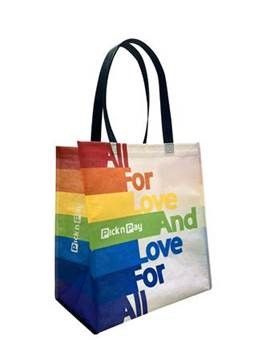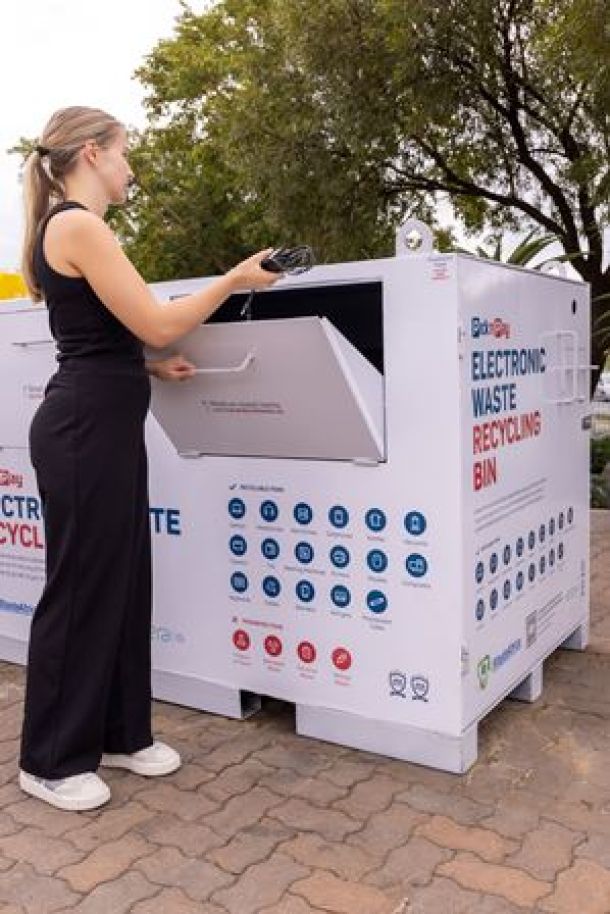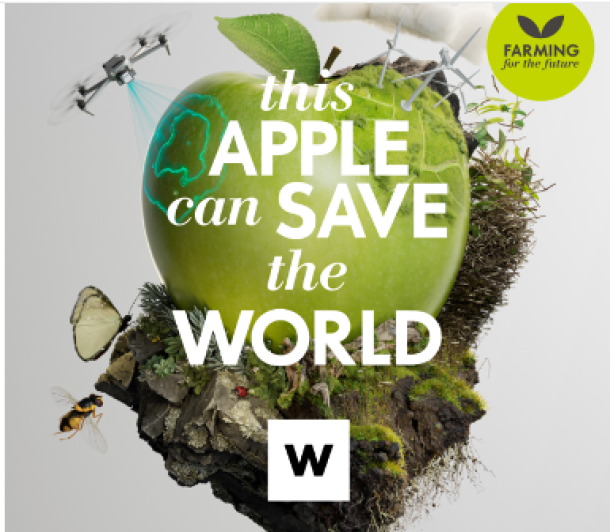
Pick n Pay becomes first retailer to stop using barrier bags at till points
Pick n Pay has removed all plastic barrier bags from its till points – a first in South Africa that will prevent over 20 million of these small bags from entering the environment.
Barrier bags are traditionally used by stores to separate selected products, such as fresh produce, toiletries or cleaning products, from other groceries.
Vaughan Pierce, Executive: ESG at Pick n Pay, says that it has been on a journey to reduce problematic single-use plastic packaging. “These small clear plastic barrier bags are not currently recycled effectively, and by removing these at till points, we can play a part in reducing reliance on unnecessary single-use plastic.”
Pick n Pay will still have barrier bags in its fruit and vegetable section for loose produce but continues to encourage customers to use alternatives, such as re-useable netted produce bags, which it stocks in all its stores nationwide.
This significant step is in addition to the tonnes of plastic it already prevents from reaching landfills and the ocean as it works towards its 2025 plastic waste reduction targets. Over the past five years, more than 10,000 tonnes of plastic have been removed from the environment to make Pick n Pay’s 100% recyclable blue plastic bags. Over 11 million plastic bottles have been recycled to manufacture its re-usable shopping bags since 2018.
These are some of the retailer’s achievements as it assumes a leadership role in local and international collaborative efforts to work towards common long-term targets for the plastics value chain. Pick n Pay is a founding member of the SA Plastics Pact, launched in January 2020 to establish a collective commitment to ensure plastic never becomes waste or pollution in the country.
As part of this, Pick n Pay committed to various 2025 targets, which include ensuring that 100% of its private label packaging is re-usable or recyclable. This number has shifted from 67% to 80% in the past two years through various changes.
“We all need to accelerate the transition from a linear to a circular economy of packaging as this will drive positive change on a much larger scale,” says Pierce. “Packaging, particularly plastic, plays an important role in protecting products and reducing food waste. By committing to creating a system where packaging is treated as a valuable resource that can be used, re-used, collected and recycled in a closed loop, it supports the principles of a circular economy,” explains Pierce.
Pierce adds that Pick n Pay’s commitment to recycling extends to increasing the use of recycled materials in clothing products and store refurbs. In 2021, Pick n Pay Clothing sold 1.5 million items of clothing that included recycled content.
He says that repurposing plastic extends beyond simply helping the planet; it also supports local charities and creates jobs through the informal economy as waste pickers generate income from recycled plastic.
“We regularly introduce new re-usable plastic bags, which are 100% made from locally recycled plastic bottles. Each with a unique design, these promote sustainable shopping habits as customers reuse the same shopping bag. But the designs also create awareness and funding for local non-profit organisations as proceeds from these bag sales go to selected charities.”
For February – the month of love – Pick n Pay has introduced a rainbow-coloured ‘Love Bag’ celebrating love, inclusion and acceptance, and the proceeds from the sales will go to the Other Foundation.
"We will continue to implement solutions to help us reach our targets to reduce our impact on the environment," says Pierce, adding that these efforts will help the company partner with suppliers and customers to innovate and create a healthier planet free from unnecessary waste.
News Category
- International retailers
- On the move
- Awards and achievements
- Legislation
- Wine and liquor
- Africa
- Going green
- Supplier news
- Research tools
- Retailer trading results
- Supply chain
- Innovation and technology
- Economic factors
- Crime and security
- Store Openings
- Marketing and Promotions
- Social Responsibility
- Brand Press Office
Related Articles

Pick n pay upcycles air-conditioning systems, s...

Shoprite Group opens pathways to job opportunit...

Pick n Pay empowers shoppers in the fight again...

Massmart implements early leak detection techno...


